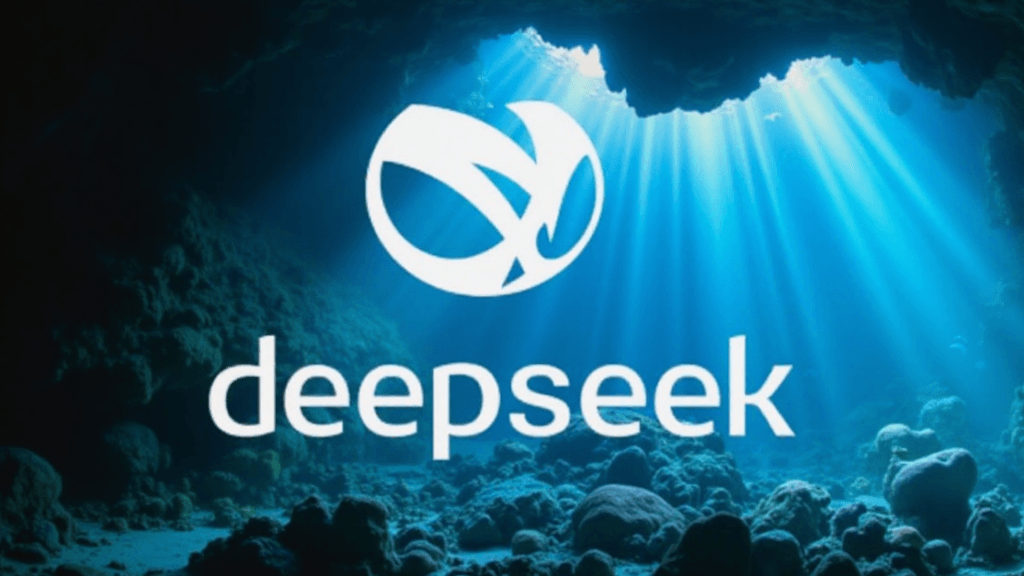Deep Controversy on DeepSeek
You may have heard some chatter about “DeepSeek” recently, particularly if you’re a computer and coding enthusiast. DeepSeek is a firm that produces AI models, and one of their flagship products is used to assist coders in writing code. Consider it a brilliant personal assistant that can propose lines of code or even compose entire sections for you. Quite neat, isn’t it?
But here is where things become a little bit complicated. There has been plenty of talk, and some controversy, about how DeepSeek’s AI derives its information. Let’s lay it out:
What is DeepSeek and What Does it Do?
DeepSeek, as with most AI firms, trains its models on massive amounts of data. This data enables the AI to learn patterns and relationships, and then it can create new content, such as code. Their code-generating AI is intended to speed up and simplify writing software.
Suppose you’re learning to write stories. To improve, you read a lot of books and stories. DeepSeek’s AI does the same thing, but with code. It reads a gazillion lines of code on the internet to learn how it works.
The Heart of the Controversy: Training Data
The central controversy involves the information DeepSeek relied on to train its AI. Most individuals in the open-source software community are of the opinion that DeepSeek utilized code from publicly available repositories (such as GitHub) without necessary permission or acknowledgement.
Open-Source Code: Open-source code resembles a recipe that is freely accessible to anyone to use, modify, and distribute. Yet, it will usually have licenses that detail its usage. Some licenses insist that if you utilize the code, you will have to give credit to the creators.
The Accusation: The accusation is that DeepSeek utilized this open-source code to train its AI without adhering to these license terms. This implies that they may not have provided adequate credit or adhered to other regulations set by the original developers.
Copyright Issues: There is a fear that if AI models are trained on copyrighted code without authorization, it would be a violation of copyright laws. Copyright is a mechanism to safeguard creative works, such as software, from unauthorized copying.
Why This Matters to Programmers and Creators
This debate matters because it questions:
Fair Use: How much can publicly available data be used by AI companies without authorization?
Attribution: Must AI firms be made to provide credit to the original creators of the data that they utilize?
The Future of Open-Source: If AI firms are able to use open-source code freely without adhering to licenses, it might discourage individuals from sharing their work.
For programmers, this means that their work might be used in ways they didn’t intend. If someone else uses their code to make a product without giving credit, it can feel unfair.

DeepSeek’s Response and the Ongoing Debate
DeepSeek has answered these questions, but the controversy persists. They, as most other AI builders, are going through a new time when AI is learning from enormous amounts of publicly accessible data.
There are difficult legal issues around AI and copyright, and these are still being ironed out.
Most AI businesses are attempting to discover methods to honor the rights of creators while nevertheless building highly influential AI devices.
What Can We Learn?
This controversy shows us the value of:
Understanding AI Ethics: Considering the ethical considerations of how AI is designed and deployed.
Copyright and Licensing: Learning copyright and open-source licenses.
Value of Attribution: Understanding the significance of attributing to creators.
As AI evolves, these are conversations that need to be had and solutions discovered to balance innovation with fairness and regard for creators. This topic is still in its development stages, and it is essential to keep up with news from reputable sources in order to remain informed.






Code Of Destiny
April 12, 2025I’m really inspired with your writing talents and also with the structure in your weblog. Is this a paid topic or did you modify it your self? Either way stay up the excellent quality writing, it’s uncommon to peer a nice blog like this one these days!